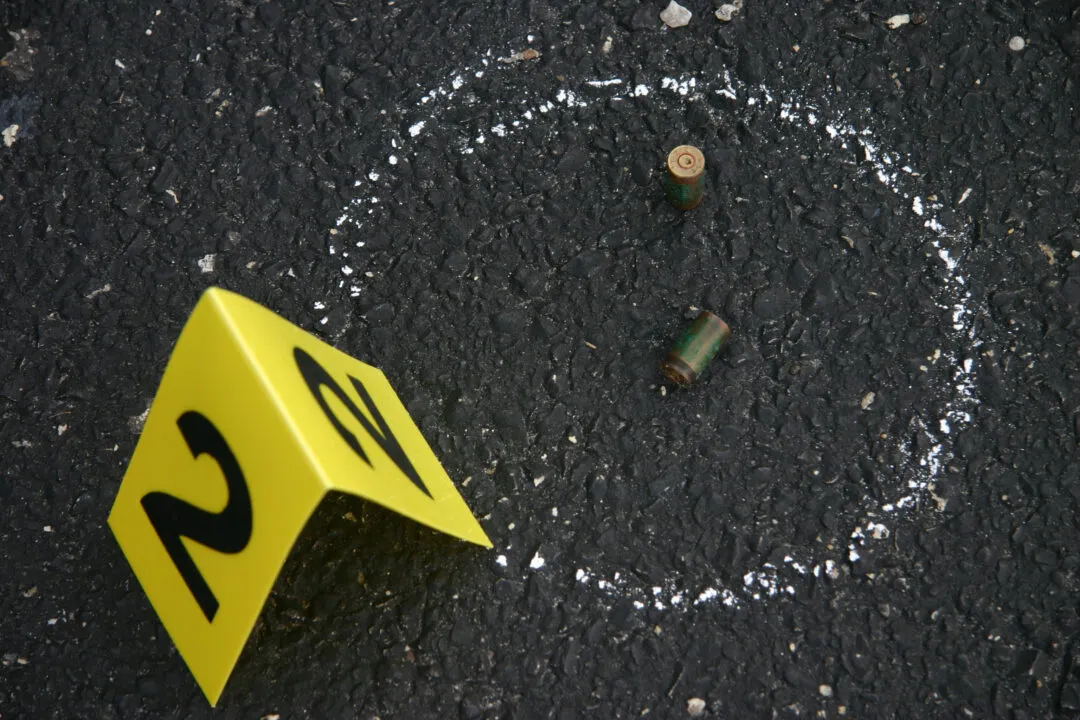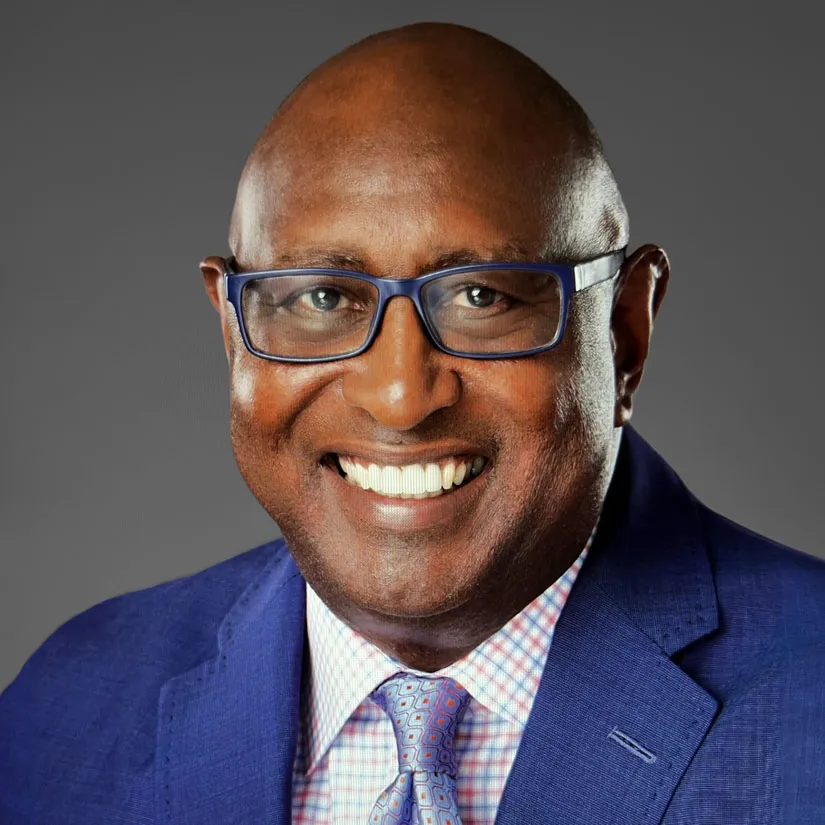Mark has always been a champion for supplier diversity! He served as AT&T’s executive liaison to several minority owned business groups before retiring in 2020. Per the request of AT&T’s C-suite office, including the CEO, he supported AT&T’s $1B commitment to increase spending with minority businesses. This commitment led to Mark’s desire to form MFP Consulting, LLC, focused on connecting talented diverse suppliers with Fortune 500 corporate supply chain leaders.
Mark joined AT&T in 1980 and held countless leadership positions during his expansive career including domestic and international roles in Global Ordering, Managed Services, Business Billing, Consumer Markets, Industry Markets, Small & Medium Business Sales and Network Services. As Vice President of Business and Ordering Excellence Mark was responsible for leading customer care operations across the globe. During his time in the Chief Data Office Mark led the Operations and Program team end-to-end management of a $1B transformation portfolio that delivered positive business outcomes which reduced costs and grew revenue. In 2019, Mark was appointed Vice President of Sales Excellence, Convention Program Team. He executed AT&T’s plan to deliver products and services (i.e. Wireline, Mobility, FirstNet and 5G) to the 2020 Democratic and Republican National Conventions. In addition to his leadership in the business, Mark was one of AT&T’s most visible advocates for diversity and inclusion.
Mark has always been most passionate about his work in the Sales and Service environments as a leader caring for customers, delivering results, and developing future leaders. Throughout his career, Mark has been engaged in sponsoring employee resource groups including, Community Network, Women of AT&T and LEAGUE. He has mentored countless employees and was a recipient of the President’s Service Award for volunteerism. Mark and his wife have been members of the Tocqueville Society for countless years. Mark currently serves on the National Board of StepUp and Oak Cliff YMCA in Dallas, Tx. He is an active member of Sigma PI Phi Fraternity inc.

